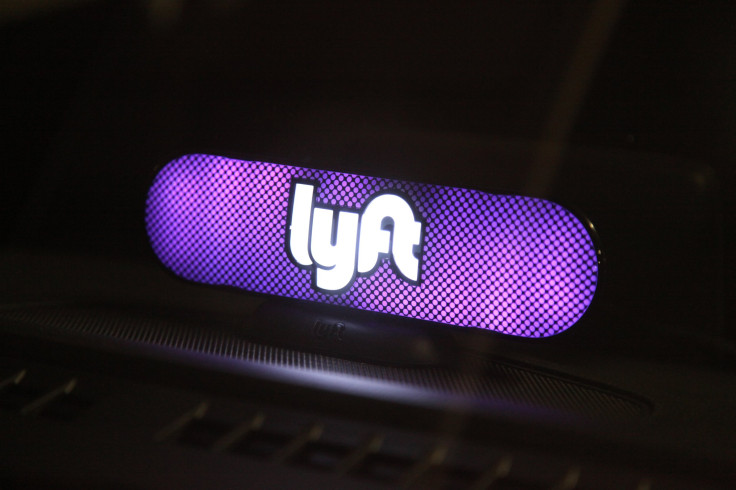Uber, Lyft Suspends Driver Who Secretly Livestreamed Passengers On Twitch During Rides

Lyft and Uber on Sunday suspended a Missouri driver for allegedly using cameras to livestream hundreds of passengers during rides secretly.
Jason Gargac, 32, installed $3,000 worth of cameras in his vehicle to record and livestream passengers on video-sharing site Twitch under the username "JustSmurf," the St. Louis Post-Dispatch reported.
Gargac told the publication that he used the recording equipment hoping to catch riders doing things that would be considered entertaining. Those passengers have included children, drunk college students and public figures.
Gargac said he earned $3,500 through subscriptions, donations and tips from streaming the video. Passengers were often captured kissing, gossiping about coworkers and even vomiting during rides. Sometimes riders had their addresses and names revealed on video.
Gargac, who drove in the St. Louis area, said he told his passengers he was recording them but then began doing it secretly after he claimed it felt "fake." He started part-time as an Uber and Lyft driver in March before both companies suspended him.
Gargac’s Twitch account has since been suspended. The video-sharing site's terms of service and guidelines "do not allow people to share content that invades others’ privacy," a company spokesman told the New York Times.
Uber, however, does allow drivers to record passengers using video cameras for safety reasons. The company tells its employees to refer to local laws regarding recording individuals without consent. Some cities and states have laws that require drivers to disclose the use of cameras and some have laws banning it.
"Driver partners are responsible for complying with the law when providing trips, including privacy laws," an Uber spokesman told the Post-Dispatch. "Recording passengers without their consent is illegal in some states, but not Missouri."
Lyft, Uber’s top competitor, also released a statement about Gargac, claiming "the safety and comfort of the Lyft community is our top priority, and we have deactivated this driver."
Under Missouri law, a person is allowed to record someone without their consent as only one party in the conversation needs to consent to record.
However, a victim can sue for invasion of privacy but would need to show the area where the recording happened is a place where privacy is expected.
© Copyright IBTimes 2025. All rights reserved.





















